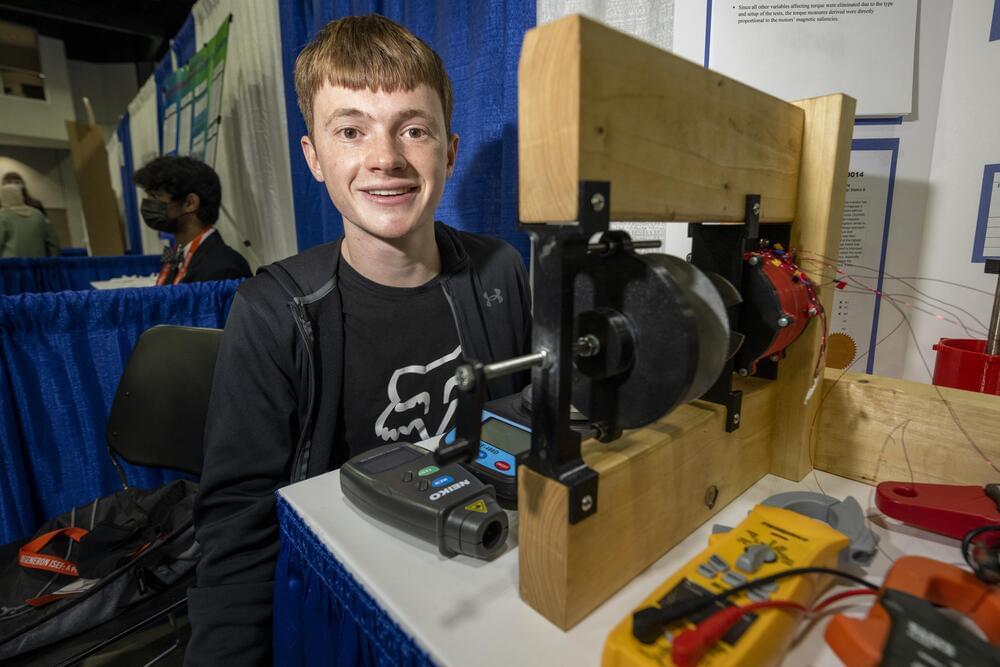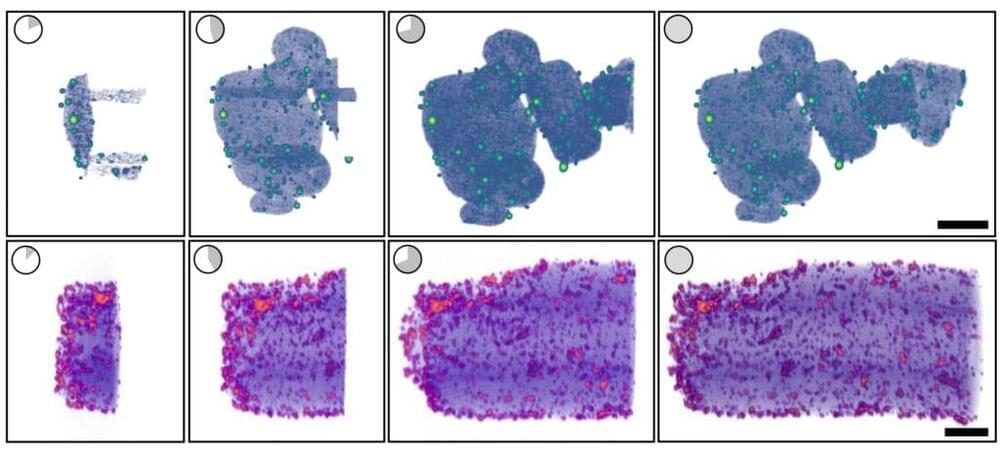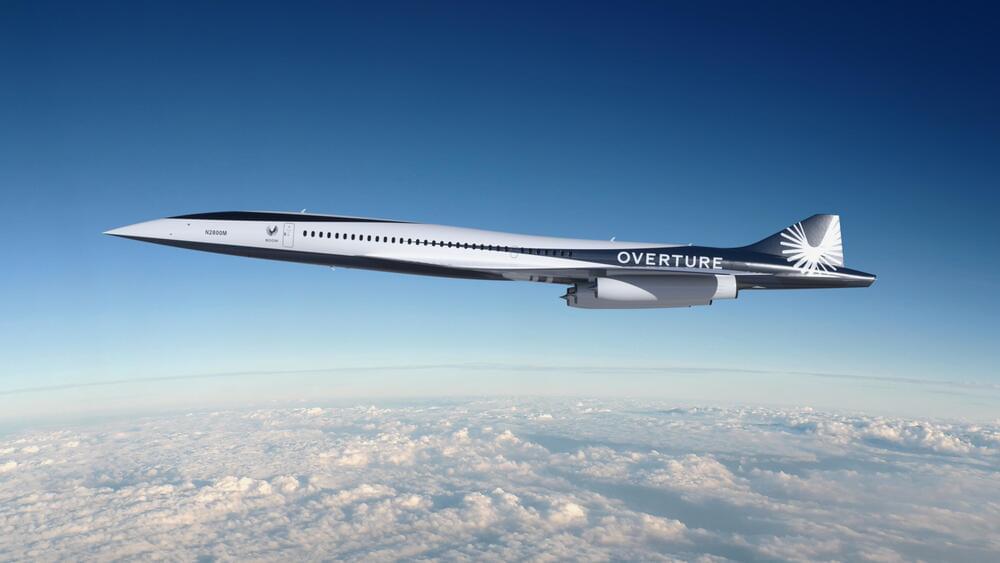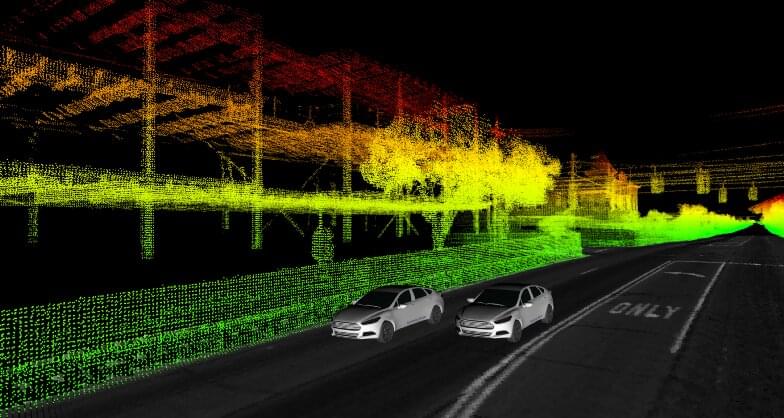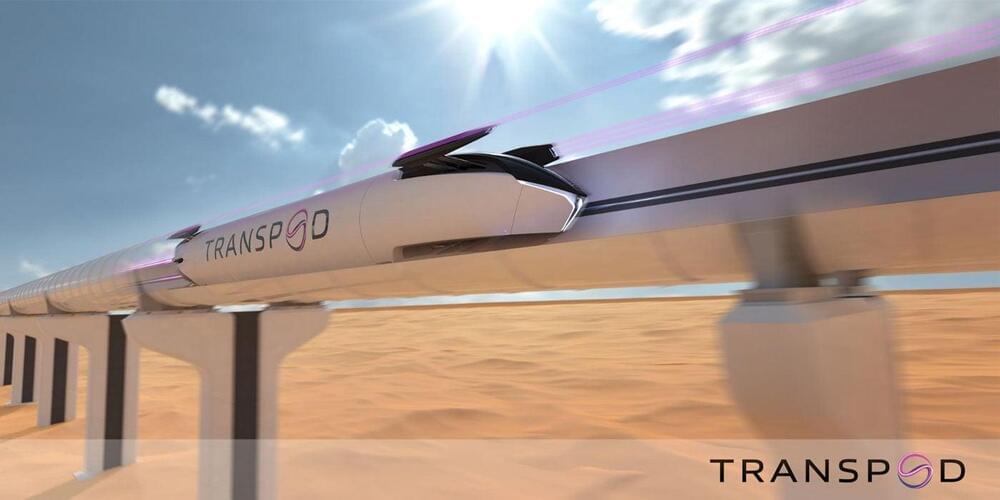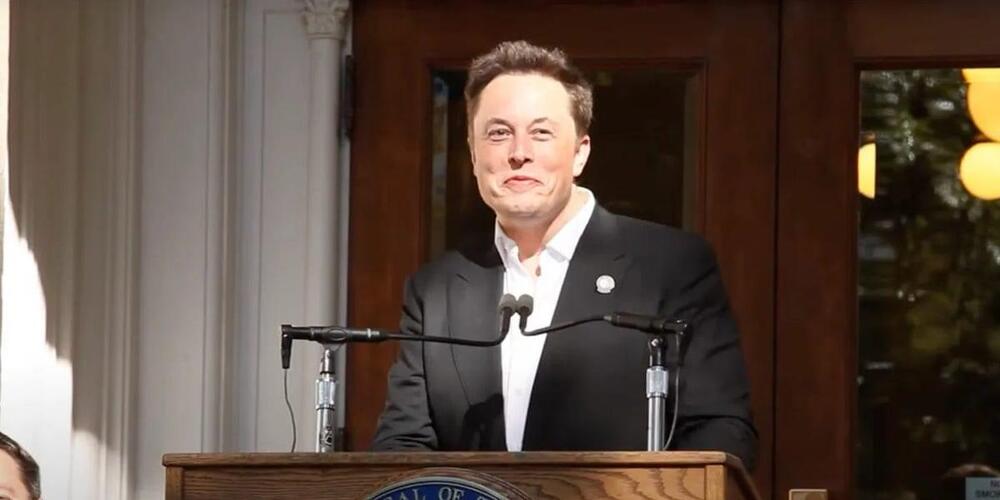Its creator Franky Zapata thinks so, as do the thousands of people who are likely signing up to test drive the JetRacer.
The French inventor and adrenaline junkie is no newbie when it comes to daredevil stunts—or wild inventions. A world champion jet skier several times over, his first invention was the Flyboard, a sort of jetpack/hoverboard combo powered by gas turbines. Next came the Flyboard Air, a similar device powered by jet turbines. Three years ago Zapata crossed the English Channel on a Flyboard Air; the journey took just 22 minutes, with a stop halfway to refuel.
Zapata has employed the same “micro-turbo-jet engines” from his Flyboard on the JetRacer. Though they’re relatively small, the engines pack a punch, perhaps because there are 10 of them. The vehicle can reportedly reach speeds up to 250 kilometers per hour (that’s 155 miles per hour), and an altitude of 3,000 meters/9,800 feet. Its speed and maneuverability come at the expense of range, though, which the website says is “relatively short” without specifying distances.

